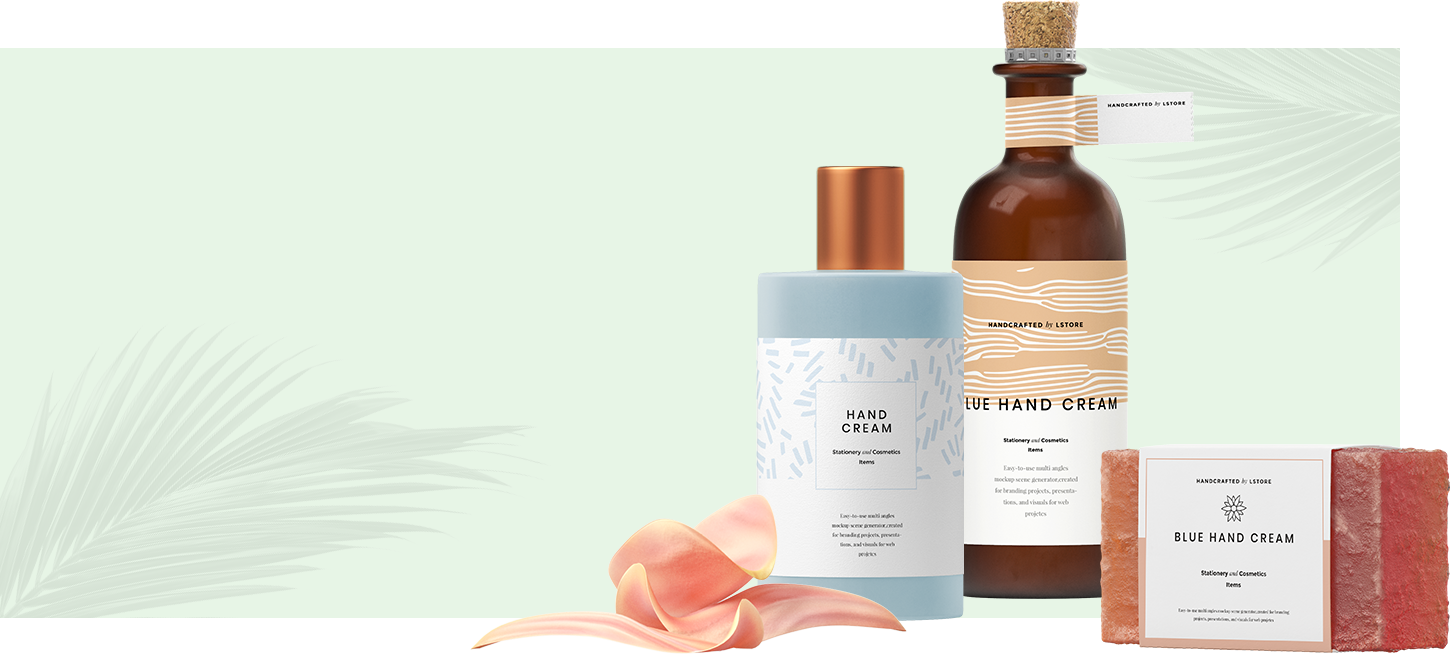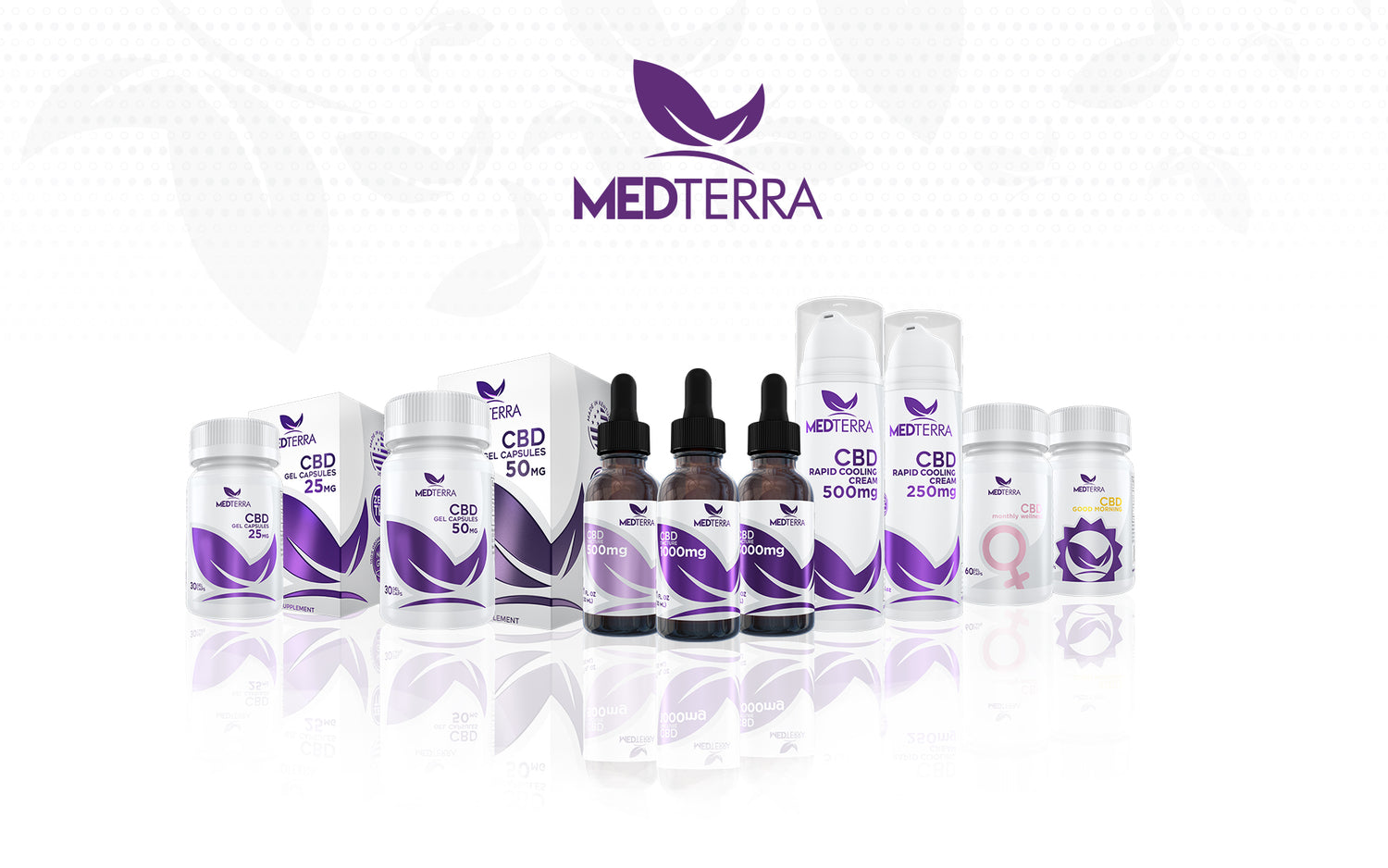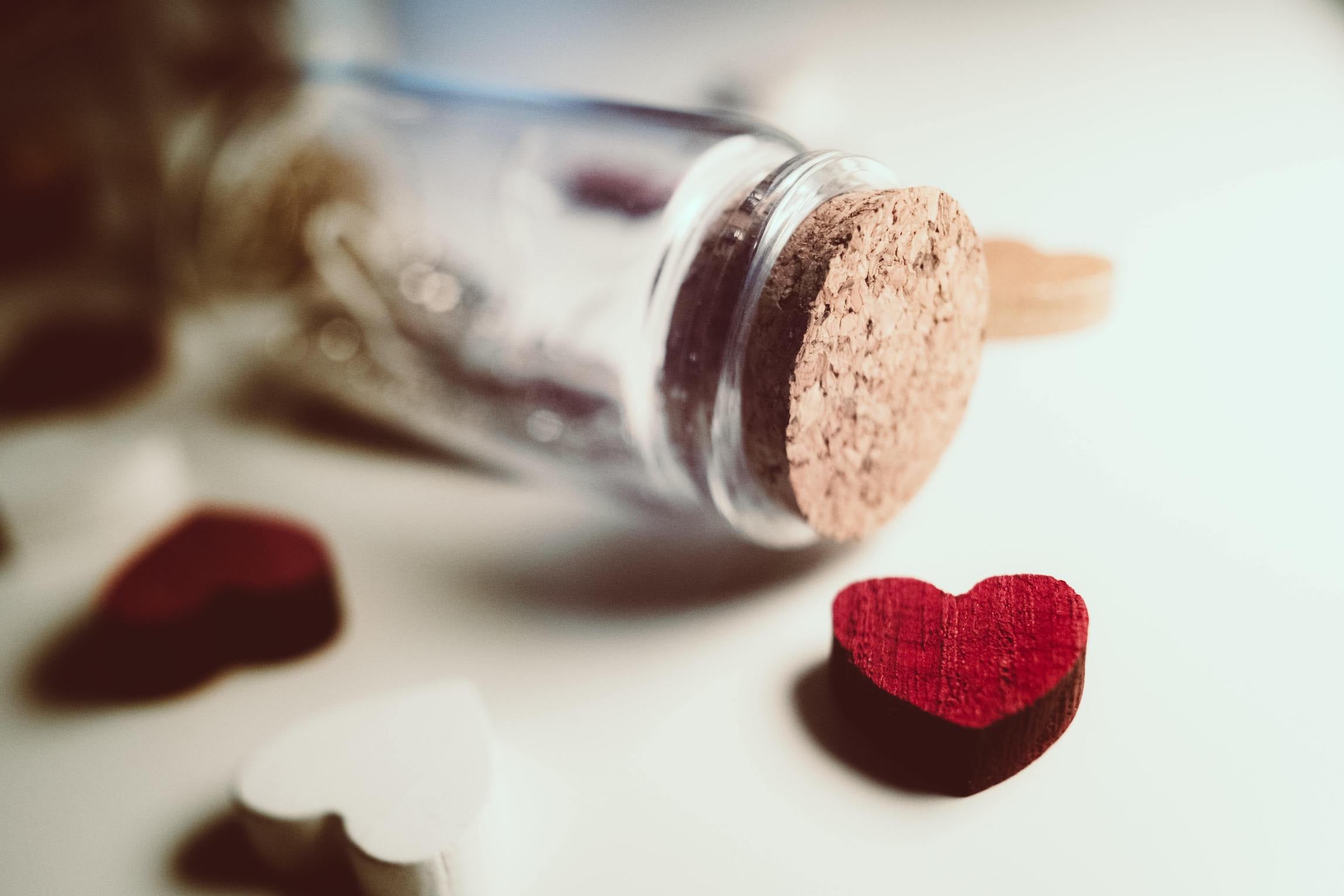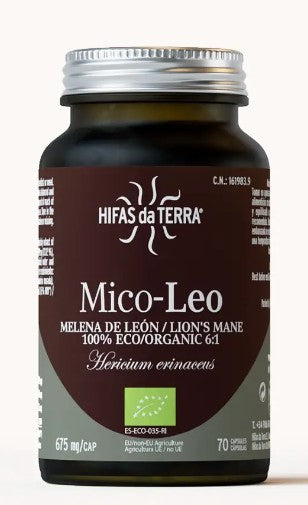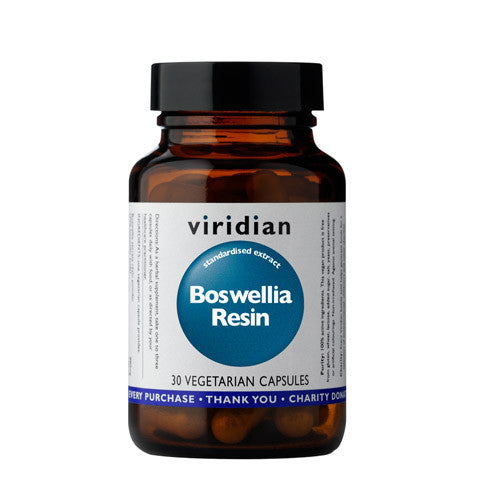For centuries, the heart was considered the most important organ in the human body; the root of all reason, intelligence and emotion. In Ancient Egypt, it was the only organ deserving of being left intact for mummification. And in fourth century Greece, Aristotle maintained that the heart was the seat of all consciousness, the organ most closely connected to the soul.
It’s easy to see why today, the heart is still a symbol of love, passion and emotion. Its pace quickens when we are nervous or excited, skips a metaphorical beat when we are falling in love and can flutter with anticipation. Each year, on 14 February, we share gifts and cards adorned with love and heart imagery, given by couples (or those that want to be a couple) as a way to express their love and devotion on Valentines Day.
Our knowledge of physiology over the years has led to a better understand of the function of the heart . Beating around 100,000 times a day, it is indeed a vital organ. In fact, it is an amazing muscle that works non-stop to keep 5 litres of blood pumping around the human body. Travelling along the extensive network of blood vessels (the circulatory system), the blood delivers Oxygen and other important nutrients to every cell in our body, allowing tissue to grow and repair. The Ancient Egyptians and Greeks weren’t wrong, the heart is at the very core of our being.
So this Valentines Day, let us honour our own hearts as well as those we love. We need to take care of ourselves too, by strengthening our cardio-vascular health, and by tending to our emotional wellbeing. Here are five homeopathic remedies for matters of the heart.
Cactus Grandiflora - affinity to the heart
This is a well-known remedy with a strong affinity to the heart. Cactus may help when there is a feeling of tightness and constriction in the chest region, as though there is an iron band tightening and releasing around the heart. The pulse may be weak, yet fast and irregular and accompanied by a cold sweat. Someone needing Cactus will feel better from fresh air and rest.
Crategus - strengthen the heart
Made from hawthorn, Crategus is a traditional remedy that has been used for centuries to support and strengthen the heart. It may be useful in homeopathic form to accompany conventional medication when there are signs of heart failure such as shortness of breath and sharp, shooting pains in the heart region. There may be palpitations too, along with cold hands and feet. A warm, stuffy room and motion will make the Crategus patient feel worse, whilst open air and rest will improve symptoms.
Nat Mur - for a broken heart
Valentines Day can be tough for those with a broken heart and Nat Mur is the number one remedy for those who are grieving or hurt after a lost love. This is especially so when there is a sense of betrayal and rejection attached to the break-up. Someone in need of Nat Mur is likely to be sad and sentimental, finding solace in music, poetry or art. There is a deep-seated fear of being alone yet they often reject efforts to console them and may even shut off from others as a result of their loss. Nat Mur can also be helpful for hypertension and palpitations.
Digitalis - disappointment of the heart
This is another remedy that may help after a disappointment in love. Someone who could benefit from Digitalis will feel sad and anxious after a relationship break-up and will want to be left alone. There may also be palpitations as a result of their grief. Digitalis is also useful for an irregular and weak heartbeat, especially when accompanied by a feeling that the heart might stop beating. The least movement causes violent palpitations and there is fear of death.
Glonoinum - pulsating heart
This remedy is useful when there are sudden and violent irregularities of the circulation. Someone in need of Glonoinum might feel like blood is surging with every heartbeat, rushing from the heart to the head. There may be a pulsating, bursting headache to accompany and a hot, flushed face. The Glonoinum patient may suffer from hypertension and will feel worse with any heat.


